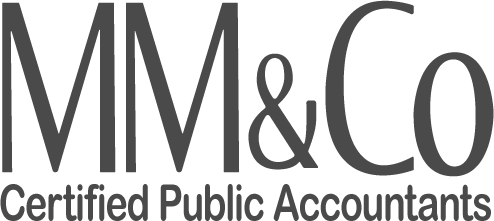Register a Regional Headquarters (RHQ) –Philippines
A Regional Headquarters (RHQ) in the Philippines is an administrative branch of a foreign corporation engaged in international trade in the Asia-Pacific (APAC) region and other foreign markets.
It can only be set up and operated by a foreign corporation that has subsidiaries, branches, affiliates or clients in the APAC region as well as other foreign markets. It is neither allowed to manage their operations nor derive income from any source in the Philippines.
An RHQ does not have a separate legal personality from its parent company and the laws governing its formation, existence, and dissolution are the laws of the country where its parent company was organized or established. Hence, any liabilities that it will incur are considered liabilities of the head office of its parent company.
The primary purpose of a Philippine RHQ is to supervise, superintend, inspect or coordinate its subsidiaries, branches, and affiliates in the APAC region. It also performs as general administration, business planning, and communication center for them. Under conditions prescribed by Philippine laws, it may source raw materials or market products, train employees or conduct research and development within the Philippines.
The RHQ’s parent company from abroad is not permitted to market and sell products through the RHQ office because it is not allowed to deal directly or do business with the company’s clients in the Philippines, as declared in its registration with the Securities and Exchange Commission (SEC).
The parent company is required to remit a minimum of US$50,000.00 as paid-up capital and annual inward remittance to support its operating expenses.
RHQs are often established by multinational corporations looking to separate their operations to minimize operational costs and take advantage of a huge, cost-effective labor pool and attractive tax incentives from an emerging market like the Philippines.
Incentives for RHQs in the Philippines
RHQs in the Philippines can avail of the following incentives:
Fiscal Tax Incentives
- Tax and duty-free importation
- Exemption from all kinds of local taxes, fees or charges
- Equipment and training materials not locally available
- Equipment disposed within two (2) years after importation (subject to payment of taxes and duties)
- Importation of brand new motor vehicles (subject to payment of taxes and duties)
Non-Fiscal Tax Incentives for Expatriates
- Multiple Entry Visa
- For expatriates, including their spouse and unmarried children below the age of twenty-one (21)
- Exemption from payment of fees except for reasonable administrative costs
- Exemption from securing Alien Certificate of Registration
- Non-immigrant visa will be processed within seventy-two (72) hours upon submission of requirements to the Bureau of Immigration (BI)
- Preferential tax rate of 15% on salaries, annuities, and other types of compensation applicable for expatriates – This is no longer applicable from January 1, 2018 because of the TRAIN LAW when the Pres. Duterte vetoed the passing of this ruling.
- Travel tax exemption
- Tax and duty-free importation of used household goods and personal effects
Registration Requirements for Philippine RHQs
Foreign corporations intending to set up a Regional Headquarters in the Philippines are only allowed to commence their business operations after obtaining a License to Do Business in the Philippines from the Securities and Exchange Commission (SEC). To secure a License to Do Business, a foreign corporation needs to provide the following documentary requirements:
- Name verification slip;
- Certification by the Philippine Consulate/Embassy or the Philippine Commercial Office or from the equivalent office of the Philippine Department of Trade and Industry (DTI) in the company’s country of origin verifying that said foreign corporation is engaged in international trade with subsidiaries, branches or affiliates in the Asia-Pacific (APAC) region and other foreign markets; and in case the certification is issued by the equivalent of the DTI, the same shall be authenticated by the Philippine Consulate/Embassy;
- Certification from the Principal Officer of the foreign corporation verifying that it authorized by its Board of Directors or governing body to establish an RHQ in the Philippines;
- Proof of inward remittance of US$50,000.00 as paid-up capital and annual support for operating expenses;
- Registration Data Sheet;
- Endorsement or clearance from appropriate government agencies (if applicable);
- Endorsement from the Board of Investments (BOI); and
- Latest authenticated financial statements showing the solvency of the head office.
Corporate Taxation
Since it does not have and is not allowed to generate income in the Philippines, an RHQ is exempted from income tax and value-added tax (VAT) to the Bureau of Internal Revenue (BIR). It shall be subjected when it earns income still when it is not allowed. On the one hand, the SEC shall impose appropriate penalties.
It can avail of tax incentives from the Board of Investments (BOI) on its local fees, importation, etc.

